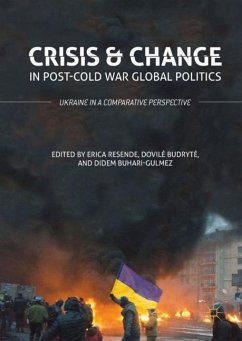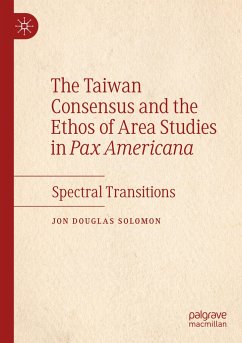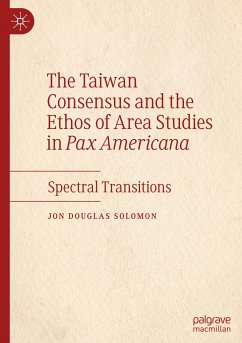
Isaiah Berlin's Cold War Liberalism

PAYBACK Punkte
27 °P sammeln!
This book offers a succinct re-examination of Berlin's Cold War liberalism, at a time when many observers worry about the emergence of a new Cold War. Two chapters look closely at Berlin's liberalism in a Cold War context, one carefully analyses whether Berlin was offering a universal political theory - and argues that he did indeed (already at the time of the Cold War there were worries that Berlin was a kind of relativist). It will be of value for scholars of the cold war and of security issues in contemporary Asia, as well as students of history and philosophy.














